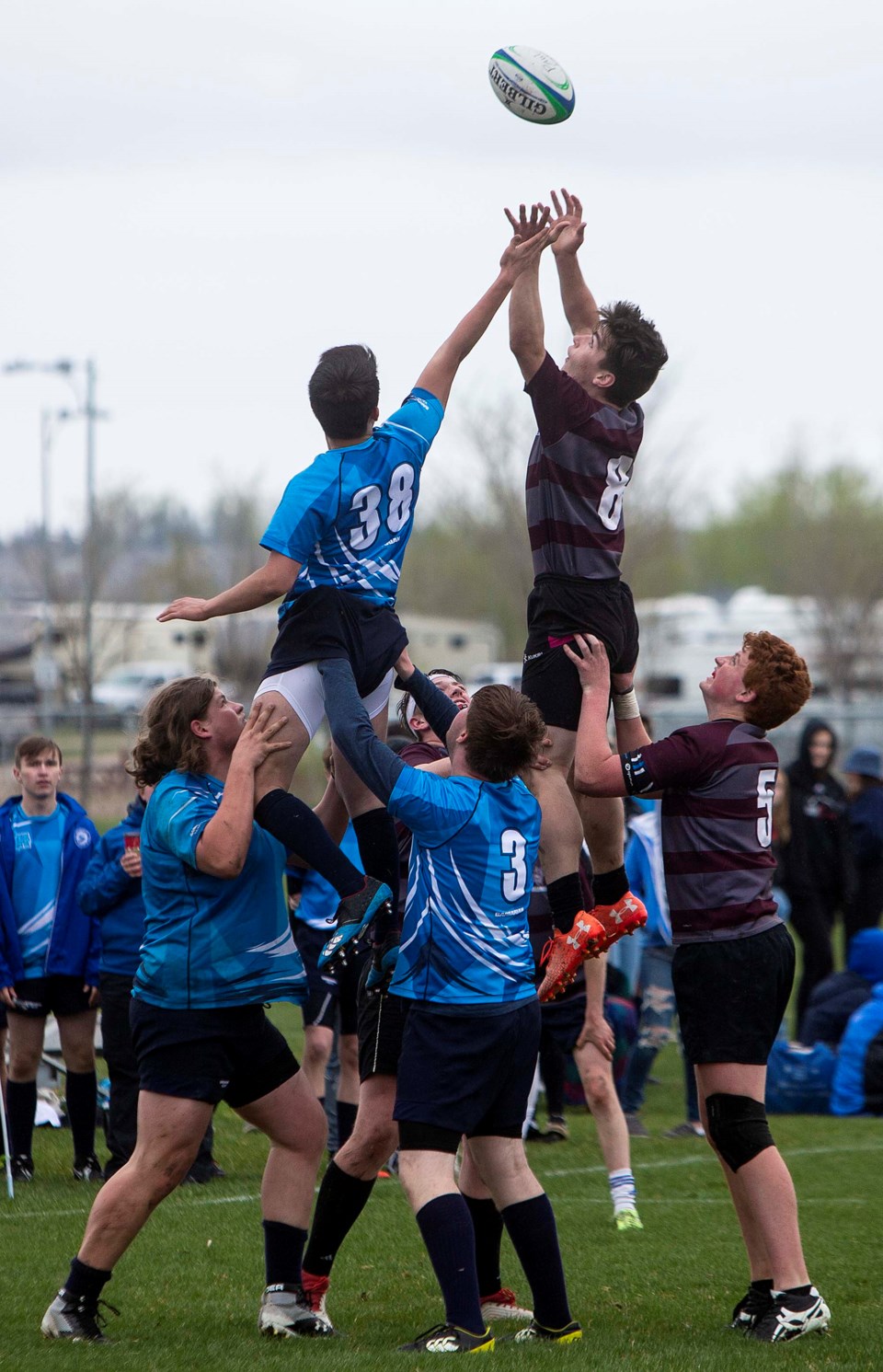Sports fans will be at Fountain Park pool later this month for a free talk on how sports can help young male athletes become champion citizens.
Tuval Nafshi of the St. Albert Family and Community Support Services department is inviting parents and coaches to a free workshop Feb. 20 at the Fountain Park Recreation Centre on learning healthy masculinity through sports.
Nafshi said many athletes talk about learning values as youths through sport. At the same time, the news is full of stories of abusive coaches and players, such as that case earlier this month where five current and former NHL players were charged with sexual assault. He decided to organize this talk to show parents and coaches how they can use sports to turn boys into upstanding men.
“Are we maximizing that opportunity to build positive, healthy, community-minded citizens?” Nafshi asked.
Sports are an environment where youths pick up on a lot of values and lessons, Nafshi said. If you tell boys to “suck it up” and not show pain, as he was back in his day, you teach them they shouldn’t ask others for help, which leads to mental health struggles in adulthood. Sports can also teach kids to use their strength to dominate their opponents and to win at all costs — decent strategies for a game, but terrible ones for healthy relationships.
More than just winning
Nafshi said sports can teach young men about teamwork, leadership, and hard work if parents and coaches demonstrate those behaviours.
“As coaches and parents, we have huge opportunity to model what kind of culture, what kind of values, what kind of behaviours we’re trying to promote.”
Sports can help engage the minds of hyperactive young boys and get them to focus on lessons such as time management, said Sturgeon Composite senior boys basketball coach JP LeBlanc. If a kid knows their team will suffer if they can’t make practice because they played video games instead of finishing their homework, for example, they learn to make time for homework.
“All the skills we do and learn are for the benefit of somebody other than themselves,” LeBlanc said.
LeBlanc said players and parents on his basketball team must sign a pledge each year saying that they will join the team not only to win games, but also to develop a lifelong love of sports and build quality citizens. He also enforces good behaviour. If a student misses a class, they don’t get to play. If they vape in the locker room, as one star player did five years ago, they’re off the team.
Nafshi said parents and coaches can help players become better citizens by asking them about their concerns and giving them permission to express their feelings. Many professional leagues are starting to do this as well, with teams hiring psychologists and addictions specialists, and players being open about their mental health struggles. Parents and coaches can also model good behaviour by calling out disreputable conduct when they see it.
Parents should emphasize what their kids learn from the game rather than what happens in it, LeBlanc said. Instead of talking about scoring the most points, talk about what they learned from winning or losing, and how the guy who plays two minutes and the guy who scores 30 points are both essential parts of the team.
The free talk runs from 6 to 7:30 p.m. Visit tinyurl.com/3vhy9e7t to register.




